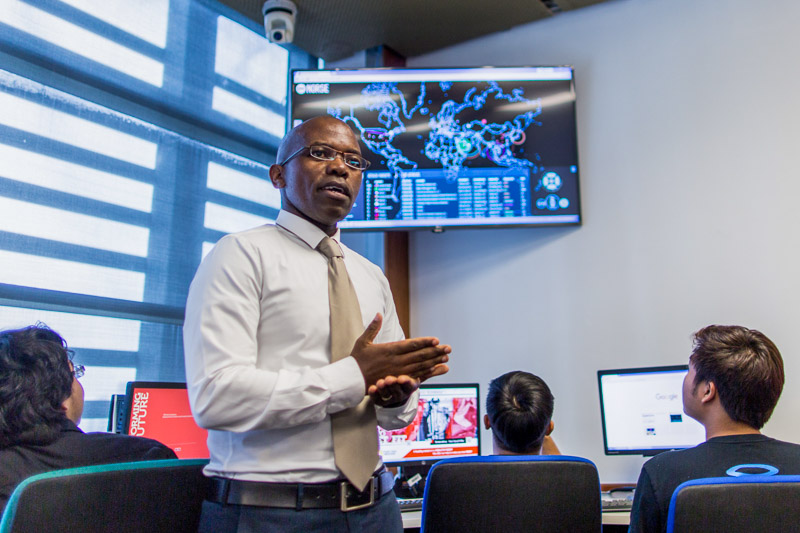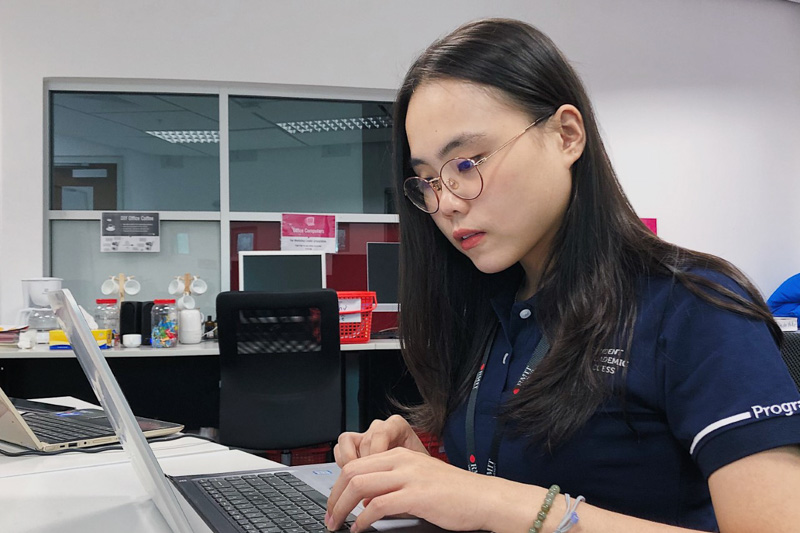He says a common challenge when working with students who aren’t used to the online environment is around setting expectations early, from online etiquette to plagiarism or bullying.
As a young lecturer some years ago, Associate Lecturer Au learnt the hard way that setting the wrong expectations can create unworkable situations.
“When I first started teaching online, I was very green. In an effort to establish positive teacher presence and provide support, I eagerly stated that students could contact me on chat anytime. The students took this literally and I would receive regular messages at all hours. Wanting to be true to my word, I suffered deservedly during that period.
“In the same cohort of students, there were instances of heated posts, students barely ever logging into class or attending online lectures. It was very challenging and that’s why I developed the guidelines I use today.”
The other factors he cites for success are creating enough stimulation to keep students engaged right through to the end of the course plus, what he calls, the three pillars of the Community of Inquiry: social, cognitive and teacher presence.
Social presence establishes a social connection between the students so they can communicate openly and develop relationships for shared learning, and cognitive presence builds students’ abilities to construct, confirm and reinforce meaning through communication and reflection. While teacher presence is key to motivation, helping students to feel as though there is someone there to teach and guide them, rather than a one-way street of information consumption.
Fifth semester Bachelor of Business (International Business) student and tutor Le Nguyen Hoang Yen, who describes herself as “rather shy”, has previous experience with an online cultural intelligence course, but as it was self-directed with no teacher, she wasn’t sure what to expect in Semester 1.
“I love classroom interactions and communicating with lecturers, so I was afraid that these elements would be lacking when switching online,” says Yen Le.
“After a few weeks I found it was better than expected. The lectures are recorded, so you can review them at your own pace and convenience and also revisit them too. The teachers were supportive and fast to respond so I was getting as much feedback from them as before. I also found I could communicate even better with my friends, because I am shy, so sometimes when face-to-face I don’t speak up as much.







